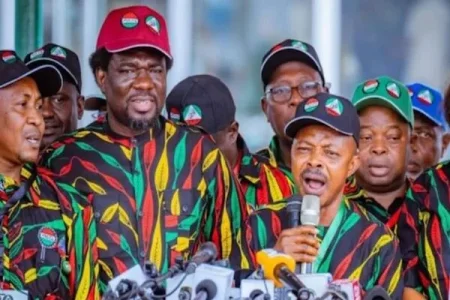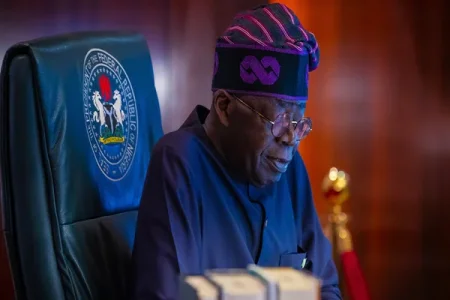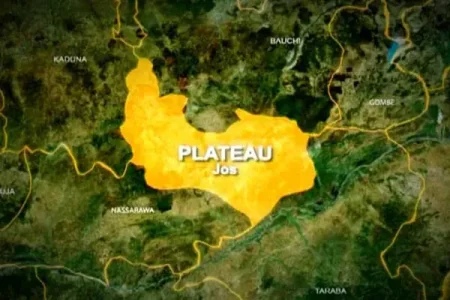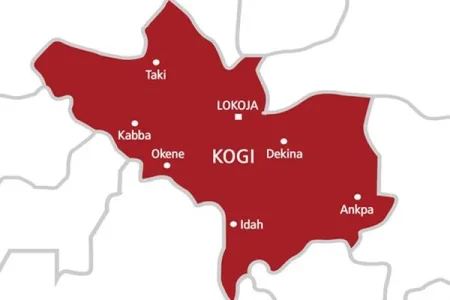
The Nigeria Labour Congress (NLC) has postponed its planned strike over the minimum wage, awaiting President Bola Tinubu's decision on new wage proposals. NLC President Joe Ajaero criticized governors opposing wage hikes and highlighted the need for equitable salary structures. The NLC remains hopeful for favorable government action.
The Nigeria Labour Congress (NLC) has announced a postponement of its planned strike over the new national minimum wage. NLC President, Comrade Joe Ajaero, made this declaration at the ongoing International Labour Conference in Geneva, Switzerland.
Ajaero emphasized, “We cannot declare a strike now because the figures are with the President.” He elaborated that the proposals from the Tripartite Committee on the National Minimum Wage are awaiting President Bola Tinubu's decision. Once the President reveals the new figure, the NLC’s National Executive Council (NEC) will convene to discuss it.
Criticizing some state governors for opposing the higher minimum wage due to financial constraints, Ajaero questioned the justification of their salaries and other privileges. He highlighted the disparity between the minimum wage proposals, recalling that the previous President had increased the suggested figure from N27,000 to N30,000. Ajaero expressed hope that the current President would also take favorable action.
Ajaero pointed out, “How can any governor say he cannot pay? They cannot also be calling for the decentralization of the minimum wage. Are their wages decentralized? Governors whose states are not contributing significantly to the national purse and generate low Internally Generated Revenue (IGR) are collecting the same amount as governors whose states generate billions.”
He praised Governor Godwin Obaseki of Edo State, who pays a N70,000 minimum wage, as a model for others. "This is the type of governor that should be emulated and not the lazy ones," Ajaero stated.
The NLC's decision to delay the strike reflects its strategy to await the government's next move, maintaining pressure while keeping open channels for negotiation. The labor community and the nation now wait to see the federal government's response to these pressing wage concerns.




